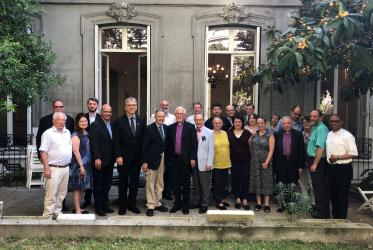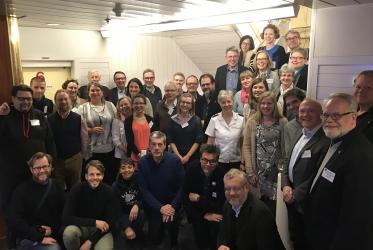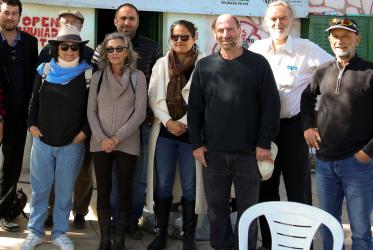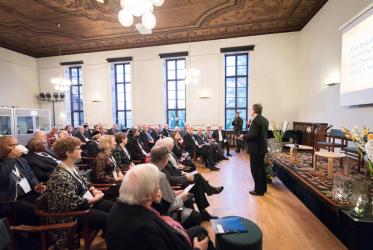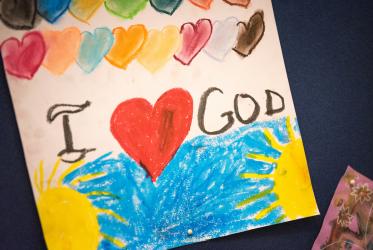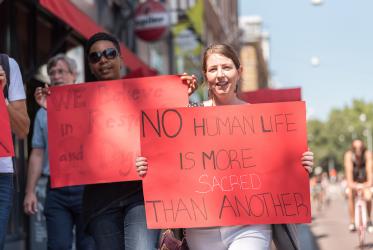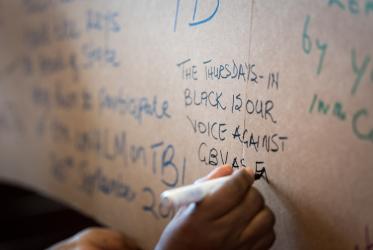Displaying 81 - 100 of 327
Rabbis walk through Hebron in solidarity
07 February 2019
Christian communicators work to counter hate speech against refugees
10 December 2018
US Catholic bishops approve pastoral letter against racism
19 November 2018
WCC Executive Committee envisions future for one ecumenical movement
08 November 2018
“Empower our pilgrimage through love”
07 November 2018
WCC executive committee tackles public issues
07 November 2018
Churches are vital to renewed focus on gender violence, says WCC
07 November 2018
WCC supports UN petition from French Polynesia
07 November 2018
Looking back and ahead
31 October 2018
#WCC70: Nathan Söderblom, ecumenical pioneer
29 August 2018


